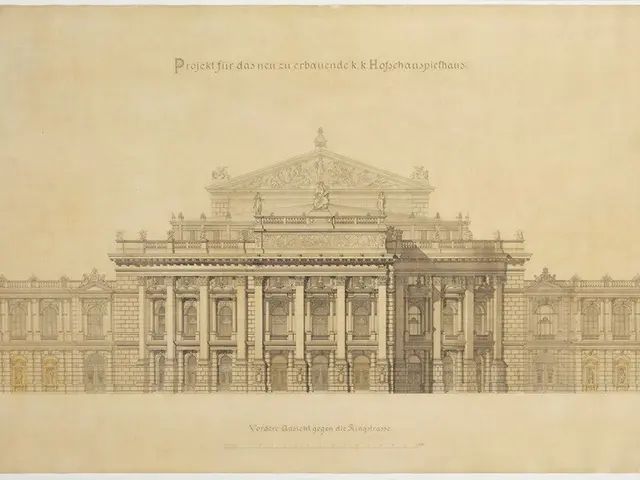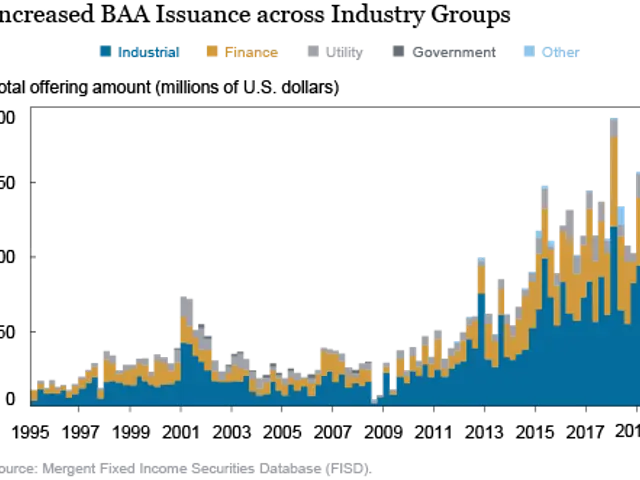Financing in Islamic tradition aligns with tokenization, reshaping worldwide financial systems - Opinion piece
In the rapidly evolving world of finance, Asia is leading the charge in the tokenization revolution. This shift, driven by regulatory clarity and strategic partnerships, promises to democratize Shariah-compliant, yield-bearing finance and revolutionize the global sukuk market.
Regulatory clarity is now the baseline, yet without mature secondary markets and infrastructure, an estimated $25B in tokenized assets remain largely illiquid. However, this obstacle is being addressed with a focus on compliance-by-design principles, enabling 24/7 cross-border settlement systems, frictionless access to regulated yield offerings, and mobile-native experiences.
Direct integrations with legacy institutions such as banks, telcos, and sovereign funds are key to mass adoption of financial platforms. Asia is shaping this new world order, inviting the world to follow and powering the next era of tokenized finance. Countries like the United Arab Emirates, Malaysia, and Singapore are actively developing tokenized Sukuks, a compelling pathway for accessible, yield-bearing products within Islamic finance.
Ownership of deep infrastructure, including Layer-2 chains and compliance engines, enables faster market moves and jurisdictional adaptability. Success in tokenized finance depends on such systems that enable cross-border settlement, interoperability, and retail-friendly products.
Asia is racing to capture the global sukuk market with tokenization as the means to lower capital barriers and unlock Islamic finance liquidity. The tokenized sukuk market is worth over $1 trillion globally, with Malaysia and Indonesia accounting for nearly half.
However, infrastructure gaps in emerging markets persist, with fragmented identity systems, limited custodial services, and absent standardized third-party audit protocols continuing to restrict institutional capital in RWA tokenization. To bridge these gaps, infrastructure tailored to Asian markets, taking into account local realities, is crucial for success in Islamic finance.
In this landscape, startups entering Asian markets must meet significantly higher standards while leveraging niche specializations and local insights. Daniel Ahmed, the COO and co-founder of Fasset, exemplifies this trend. With a background in leading high-impact projects for governments and private enterprises, Ahmed has been named in Forbes 30 under 30 in 2024. Prior to co-founding Fasset, he worked at the UAE Prime Minister's Office and Deloitte London and New York. He founded the Islamic Finance & Ethics Society and is a mentor with the Antler Operator Network and a former World Economic Forum Global Shaper. He has an academic background in economics, philosophy, and politics from King's College London.
In conclusion, the tokenization of finance presents a significant opportunity for Asia to lead the global financial landscape. With a focus on regulatory agility, trusted partnerships, deep infrastructure ownership, and localized infrastructure, Asia is poised to write its own rules and power the next era of tokenized finance.
Read also:
- Launching a lucrative venture in Aerial Photography with Drones
- Rebranding of Additional Penn Entertainment Sportsbooks to ESPN Bet
- Top Eco-Friendly Machines for Eco-conscious Garden Cultivation
- Advanced Japanese Technology: Ikejime Robotics for Superior, Ethically Treated Fish, Now Accessible Everywhere






